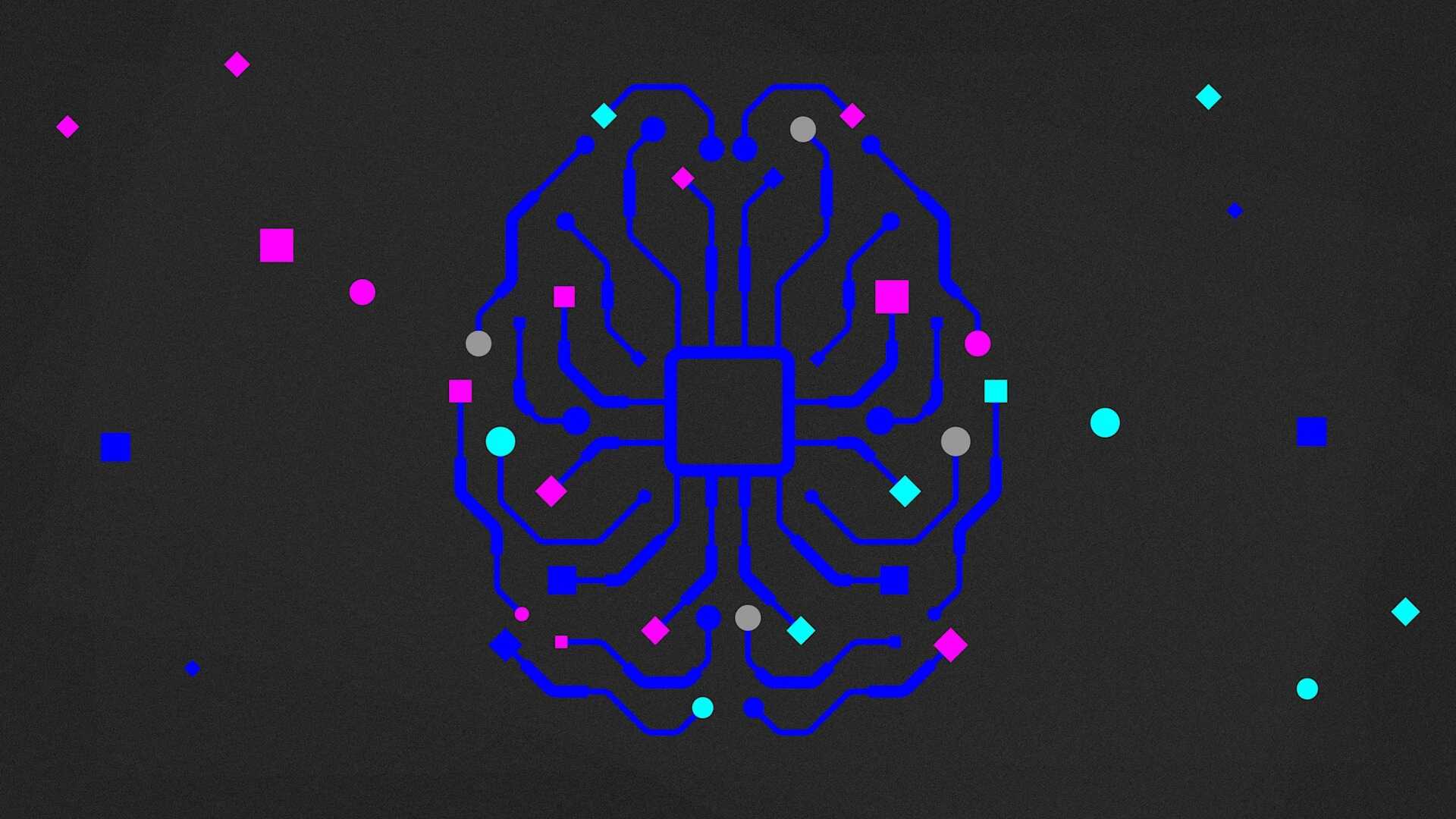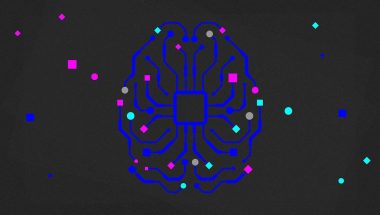- | 9:00 am
Are smartphones changing our brains? Science has the answer
Our smartphones are often the first and last thing we see on any given day, which begs the question: How is it impacting our minds?

An “external mind” is not how smartphones are commonly defined, but it’s becoming an increasingly apt definition.
Apart from smartphones being a constant mood for entertainment, they also add up as our alarm clock, radio, flashlight, GPS, camera, calendar communicator, and more. They hold our passwords, budgets, shopping lists, and to-dos.
The Middle East has one of the highest smartphone penetrations globally at 97%, with children contributing significantly to that statistic. A 2018 Norton study revealed that the UAE and KSA are among the top 10 countries worldwide where kids spend more time online than outside. Parents admit to setting an example with their habits as 1 out of 2 say they use their phones more than their children do – a minimum of 7.5 hours daily.
Across the region, adults worry about smartphones’ detrimental impact on mental health and social skills, which leads us to the question: what is the cost of our over-reliance on smartphones?
JUST GOOGLE IT
In 2012, German neuroscientist Manfred Spitzer noted a decline in cognitive abilities. He proposed that the more we rely on our phones, the less we do so on our memory and the harder it becomes to think – contemplatively, reflectively, and introspectively. Eventually, our short-term memory pathways will deteriorate from underuse as we create new neural pathways that favor outsourcing information to our smartphones.
It becomes habitual for us to stop remembering things as our devices take over that responsibility. Spitzer named this phenomenon “digital dementia.”
“The more we use technology, the more we eliminate parts of our brain functions,” said Dr. Manio Maravic, Neurologist at the German Neuroscience Center. “We face so-called ‘techno-fatigue’ which rises rapidly with all the changes and platforms to explore,” he added.
The pandemic has prompted one such change, significantly impacting the behavior around smartphone use. A 2021 study revealed that as anxiety surrounding COVID-19 within the Middle East increased, smartphone addiction among users increased. In fact, during the pandemic’s peak and throughout 2020, UAE residents collectively spent 320 million hours on their smartphones.
“Our smartphones and devices were our only connection to the world in terms of work, family, friends, and news,” said Fatima Abdulla, a psychologist and the managing director of Enliven Counselling & Wellbeing Centre.
And the lockdown, she explained, introduced a host of mental health issues, including adjustment disorder, acute stress reaction, social anxiety, and even agoraphobia (fear of open spaces) in some cases. This potentially increased our reliance on smartphones. PwC survey revealed that 71% of Middle East respondents increased their usage, and 95% of them indicated they were likely to engage to the same extent post-pandemic.
One could argue that by treating our smartphones as an external hard drive, we’re “making space” in our 2.5-petabyte brain for more pertinent information. Think of it as Marie Kondo-ing our brain. Does this piece of knowledge bring you joy? No? Leave it in your notes folder.
Abdulla disagrees, stating that “we lose what we don’t use” with our brains. “Relying on technology has a major drawback related to neuroplasticity,” she explained. “Our brain forms new learning pathways, and our cognitive functions become weak when we use technology to complete mental tasks,” she added.
Studies have shown that one of the cognitive consequences of having easily accessible information is having higher recall rates of finding the data rather than what that information is. This leads to what scientists have coined “cognitive miserliness,” wherein people skip analytical thinking and rely on smartphones to do their thinking for them. This, some might argue, opens the door to reduced learning, memory disruption, and trouble maintaining attention.
TMI: TOO MUCH INFORMATION
Our smartphones are also a gateway to boundless information, the scope of which is beyond anything we’ve ever experienced. The cognitive effects of living in such an information-saturated environment are not yet fully understood, according to Maravic. However, it could influence our attention and memory through media multitasking and super-stimulated memory.
“Media multitasking reduces concentration performance while information-gathering tasks fail to recruit brain patterns important for long-term storage,” he shared.
It turns out our brains are shockingly single-minded. So while the average person hops from app to app, believing they’re multitasking, what’s happening is an ineffectual juggling that comes at the cost of your performance and attention.
ARE WE DOOMED TO FORGET?
The key is balance, said Dr. Carolyn Yaffe, Clinical Psychologist at Medcare Camali Mental Health Clinic, Dubai, referring to how our constant smartphone connection has changed human behavior. “When people spend too much time connected to their phones rather than interacting in social activities, it stunts our emotional and social development.
“Limit your time by watching the clock. Do not let social media become your entire social life. Make sure to spend time with others in person, talk on the phone rather than texting or engage in other hobbies that do not require relying on a device. Set boundaries and time limits that make sense for you,” she said.
Maravic echoes the same sentiment. “To maintain the brain as the primary source of information, we must combine traditional cognitive training with modern technology,” he said. This can be anything from handwriting notes rather than typing them out to engaging in active recall exercises such as listing the day’s activities in your head at night.
TO SMARTPHONE OR NOT TO SMARTPHONE?
Foregoing any use of technology is far from a sustainable solution. As it stands, neuroscientists and psychologists are only starting to unpack the long-term effects of digital dementia. Our brains are rewiring to arrive at the information in ways that our generation wasn’t traditionally used to, so the presence of a cognitive shift is undeniable.
And while the cognitive shift impacts our learning, memory, and attention, there’s no arguing that smartphones have categorically improved the way we learn and connect. Inarguably, technology was a saving grace for everyone during the lockdowns.
But what does this mean for our future?
“In the future, our brain will no longer be the primary source of information and answers, but modern technology will,” says Maravic.
And with the way technology has entrenched our lives, the onus is on us to find ways to keep our cognition intact.







































